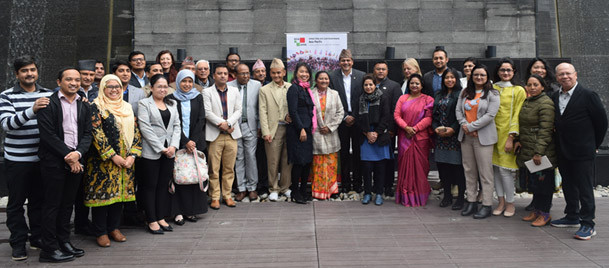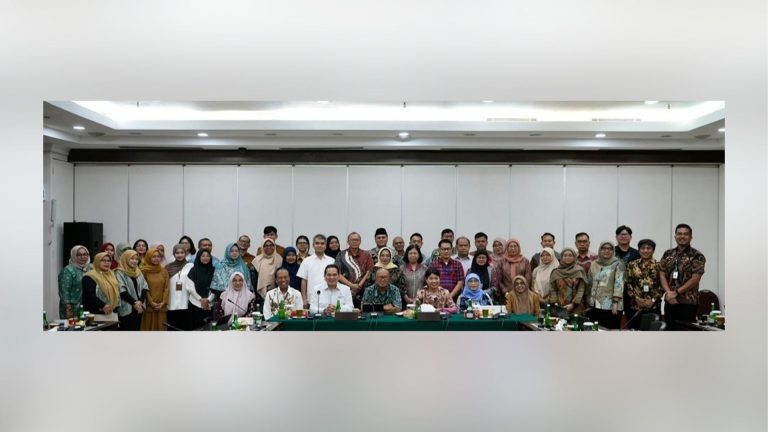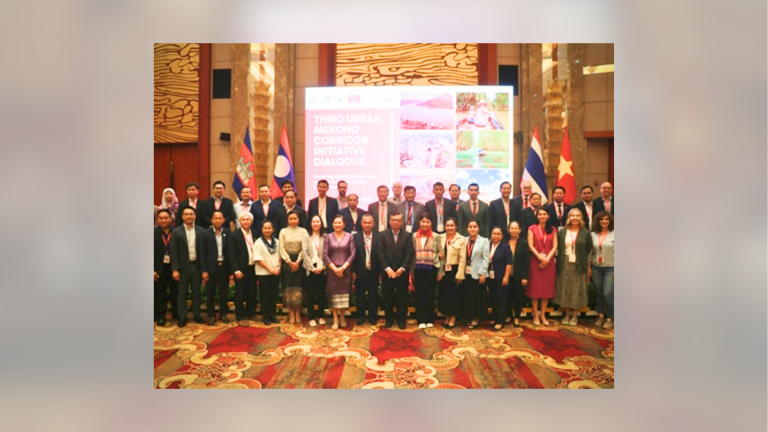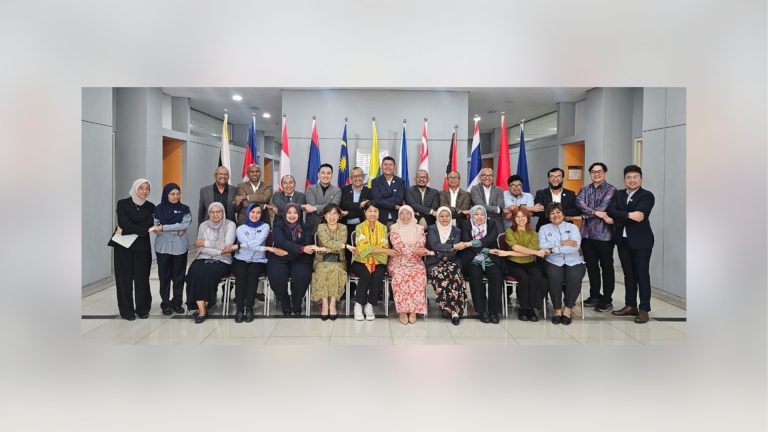12 December 2019 I KATHMANDU – Following the announcement of the Government of Nepal to submit for the second time the Voluntary National Review (VNR) on the implementation of the 2030 Global Agenda for Sustainable Development in 2020, UCLG ASPAC is collaborating with Nepal’s Local Government Associations (LGAs) and UCLG World to ensure strong local governments’ inputs in the VNR preparation process and the report.
Preliminary discussion on UCLG ASPAC’s support was conducted at the margin of the recently concluded UCLG World Congress in Durban. A Consultative Meeting between Nepali LGAs and National Government with Partners on VNR Development Process, was held on 12 December 2019 in Kathmandu as a follow up to identify LGAs’ concrete actions and UCLG ASPAC’s support to foster a close collaboration between LGAs and Nepal’s national agency, especially the National Planning Commission (NPC), in order to achieve a high-quality VNR report. The event was jointly conducted by UCLG ASPAC, UCLG World, in Kathmandu, and funded by the European Union (EU) under UCLG-EU Partnership Programme.
Altogether 44 participants participated in this meeting including LGAs from four countries: Municipal Association of Nepal (MuAN), National Association of Rural Municipalities in Nepal (NARMIN), Association of District Coordination Committees of Nepal (ADCCN), Municipal Association of Bangladesh (MAB), Association of Indonesia Municipalities (APEKSI), League of Cities of the Philippines (LCP) and other participants included Mayor of Tulsipur Sub-Metropolis (Nepal), Mayor of Adandruli Rural Municipality (Nepal), representatives of district councils from Pakistan, staff members of Nepal’s LGAs, Environment and Public Health Organization (Nepal), ESCAP, GIZ, UNDP and UN Resident Coordinator’s Office in Nepal.
UCLG ASPAC Secretary General Dr. Bernadia Irawati Tjandradewi stated during her welcome remarks “The involvement of local governments in the preparation of VNR in some countries is varied. However, many of the LGAs are not even familiar with the VNR. The main objective for this meeting is to identify how can local governments and local government associations get involved in VNR process. Nepal is chosen as one of the pilot countries. If the case for Nepal is successful, which I trust it will, the Nepali case will be very well known and inspire many others in the Asia-Pacific region.”
Dhulikel Mayor, President of MuAN and UCLG ASPAC’s Co-President Ashok Bayanju, elaborated on possible opportunities to strengthen LGAs and the government working relationship. He mentioned that “The National Planning Commission (in Nepal) has formed a Steering Committee for localising SDGs, and has included LGAs as members among others. This shows the recognition and credibility of LGAs. There is also an Inter-Government Coordination Committee chaired by the Prime Minister, and we are also member of the Committee. These linkages could be further leveraged for concrete collaboration on VNR.”
During the discussion, participants including the Presidents of all three presenting LGAs in Nepal shared their views on VNR and how UCLG ASPAC help strengthen LGAs’ coordination and contribution to the submissions from Asia-Pacific countries. With regard to Nepal, UCLG ASPAC will next place a consultant in the country to facilitate the LGAs’ collaborative work in this regard. Among the next follow-up steps are to identify the government agencies and focal points that are working on VNR; map local stakeholders and national institutions to establish working-level contacts; develop methodology and procedure for LGAs’ engagement in VNR; and arrange a national consultative meeting with all LGAs to discuss how to work closely together on this matter.











